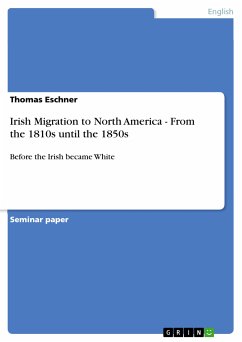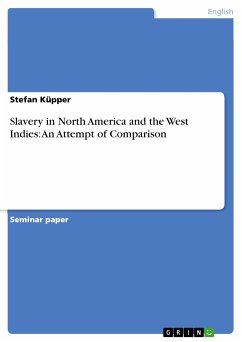Seminar paper from the year 2008 in the subject American Studies - Culture and Applied Geography, grade: 1,0, Technical University of Chemnitz (Anglistik/Amerikanistik ), course: Hauptseminar "British and American Relations since 1607", language: English, abstract: The history of English settlement in North America starts in 1607 when disregarding Indians and some earlier attempts of settlers which were abandoned or not documented further. Thus, American history and civilization started with English settlers. But were they still English when they arrived in the New World? Were they not Americans from the early colonization on? Did they not leave part of their Englishness in the mother country when they entered the ship to cross the Atlantic? And did they all have the same motivations and attitudes to leave England? In order to examine their culture and to highlight obvious implementations of an evolving American cultural pattern, this paper examines the settlers’ identities, thus what they identified with and what they disclaimed. It deals with the question whether one can speak of an American culture or national feeling before the American Revolution, i.e. before the United States had become a nation. It tries to conceive or grasp the sensations of the population, their attitudes and feelings about their cultural and national identity.









